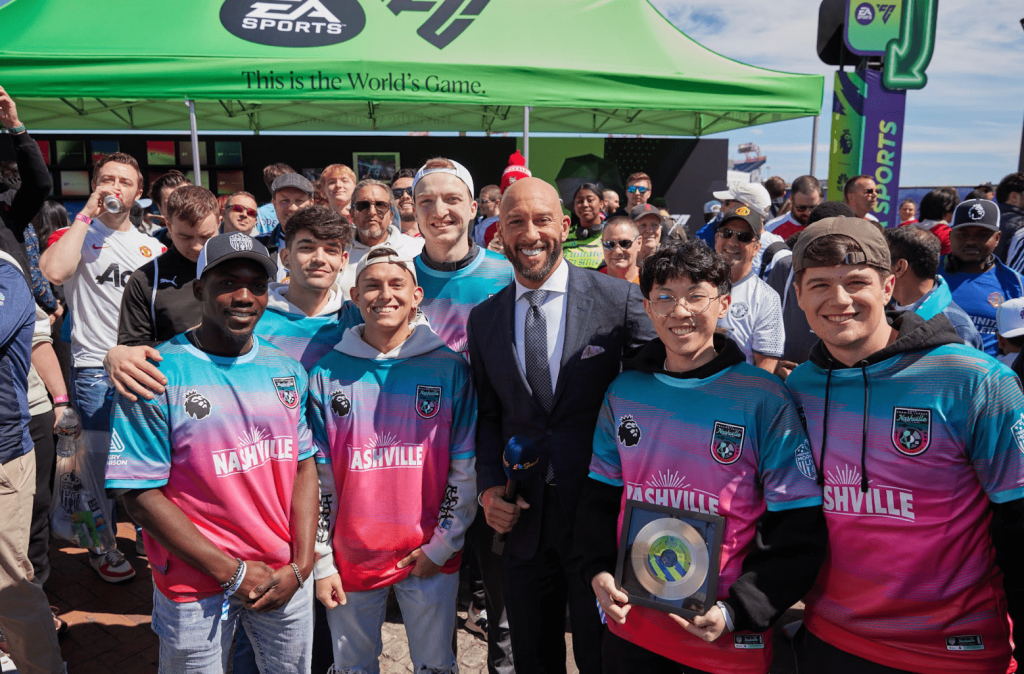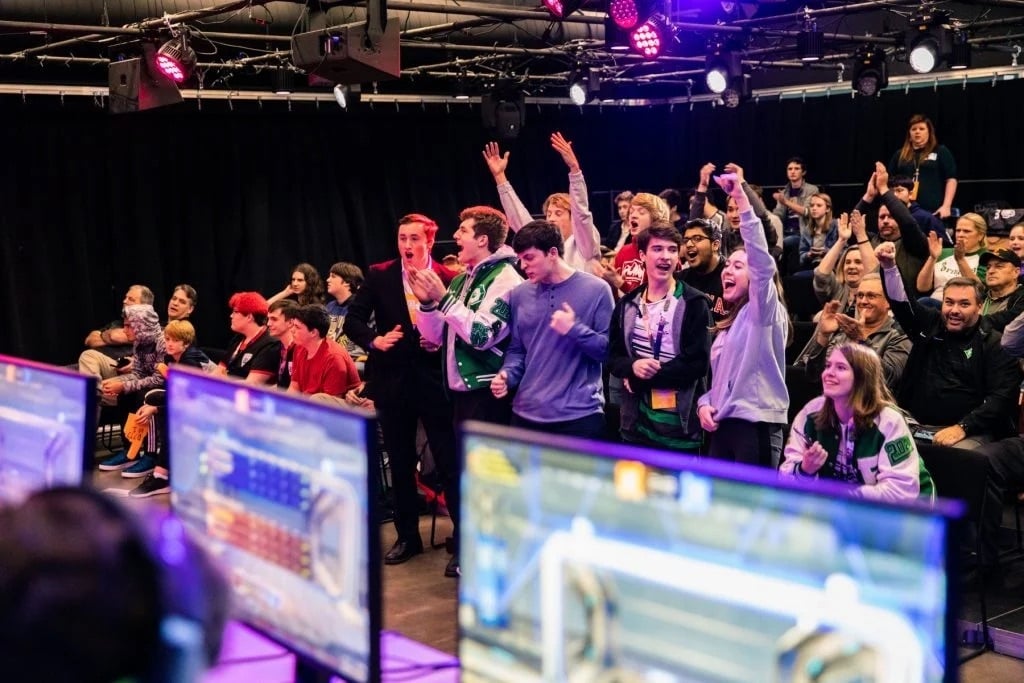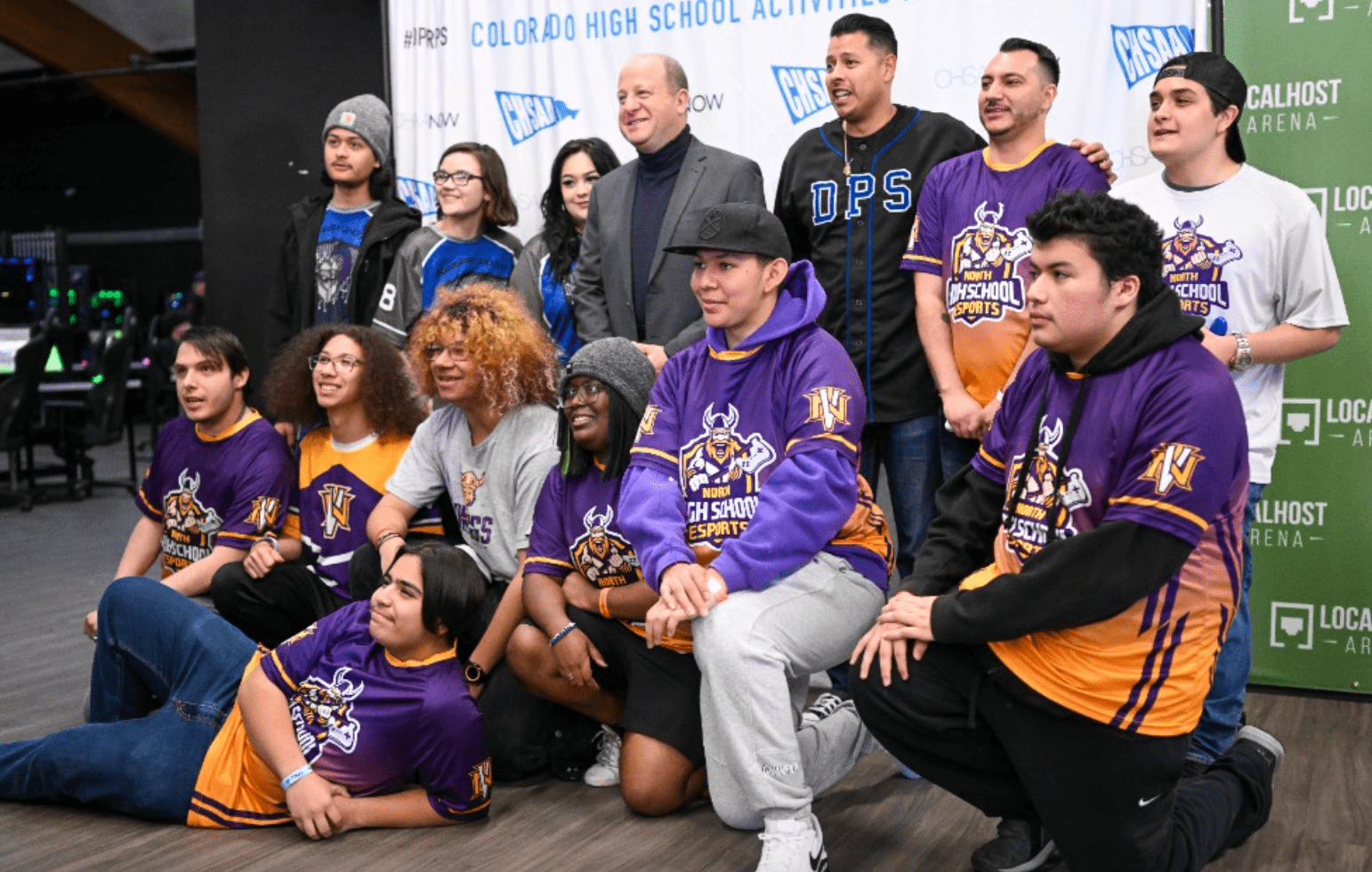Collegiate and amateur esports have been having a moment in North America. Despite the crumbling of the Overwatch League, the restructuring of League of Legends esports into the Americas division and many professional orgs dialling back on rosters — the amateur scene and path-to-pro initiatives have grown.
As the largest amateur esports and competitive gaming network in North America, PlayVS has been busy building a partner ecosystem to service its more than 5,000 participating schools and almost 10,000 teams competing in PlayVS leagues and tournaments every year.
The company is also the official high school esports partner of NFHS Network and the Special Olympics.
While the path-to-pro route isn’t for every amateur, organised esports can help young people develop transferable teamwork and communication skills in fast-paced critical thinking intensive environments, PlayVS CEO Jon Chapman told Esports Insider. “We’ve seen the positive impacts from esports and gaming mirror those from traditional sports in schools, especially for keeping students engaged with their community.”
According to the company’s debut PlayVS Esports Impact Survey: 57% of students said that esports makes them feel like they’re part of a community and 46% said esports has given them more friends and reported feeling more excited to go to school after joining an esports team.
The company is opening up its blackbook to further scale this positive sentiment, launching PlayVS Collective, an esports- and gaming-focused partner marketplace. Aimed at building a thriving community of trusted companies, the PlayVS Collective is a network “focused on meaningfully impacting the next generation with incredible gaming, education and community-building opportunities,” the company said.

The scale of the company’s official scholastic and casual amateur tournament operations has led to major publisher partnerships with Nintendo of America, Activision Blizzard, EA Sports and Epic Games as well as numerous other service and solution providers.
“[The PlayVS Collective’s] whole goal is to help create more participation in the amateur ecosystem because we think that will continue a healthier overall esports and competitive game ecosystem,” said Chapman. “The aim is to have more students decide to participate and enjoy the benefits of teamwork and all the other things that come from being a competitor within the space.”
By leveraging its growing network and rebuilt trust, this newly launched PlayVS Collective aims to be a resource marketplace — offering curriculum materials from non-profits like NASEF or Stiegler EdTech, equipment and technology from Lenovo, Omnic.AI and others.
Think of it as a one-stop shop for resources and services schools would need to build and maintain an esports programme from partners PlayVS trusts, Chapman said.
He also hopes the Collective can create experiences for students to interact with industry professionals to serve as mentors or offer insights into career paths in the industry, or glean transferable skills from gaming to pursue Science, Technology, Economics and Maths (STEM) careers.

There are plenty of hurdles to launching and maintaining a scholastic esports programme. From finding qualified coaches, to maintaining a pipeline of incoming participants (the group’s expansion into middle schools aims to help), to overcoming the long-held negative stereotypes associated with gaming.
“Especially among groups underrepresented in gaming populations, we’ve seen that using gaming in schools as a conduit to want to study STEM subjects and think about a career as a game developer is a really positive change we hope to contribute to,“ Chapman said.
The opportunities provided by the PlayVS Collective are also a move to amplify the group’s inclusion efforts through its leadership’s belief in the corporate social responsibility (CSR) movement to drive positive societal outcomes.
By removing barriers to entry and opening up its network, PlayVS is aiming for a knock-on effect to encourage girls and young women towards the esports-to-STEM pipeline too. Recent studies have shown that 50% of all gamers are women-identifying, but the professional competitive landscape doesn’t resemble that ratio.
By encouraging girls at a young age that they belong and can succeed in life thanks to structured experience in gaming, this could bring positive change to the competitive pipeline historically and currently dominated by young men.
The esports industry is built from competition, but Chapman sees more opportunities in reducing business competition and instead working together to ensure that future generations have an esports industry they can participate in. “
Students and schools are the centre of PlayVS’ universe. Finding ways internally and externally to bring our community the best tools, gaming experiences, educational and career advancement opportunities.”

